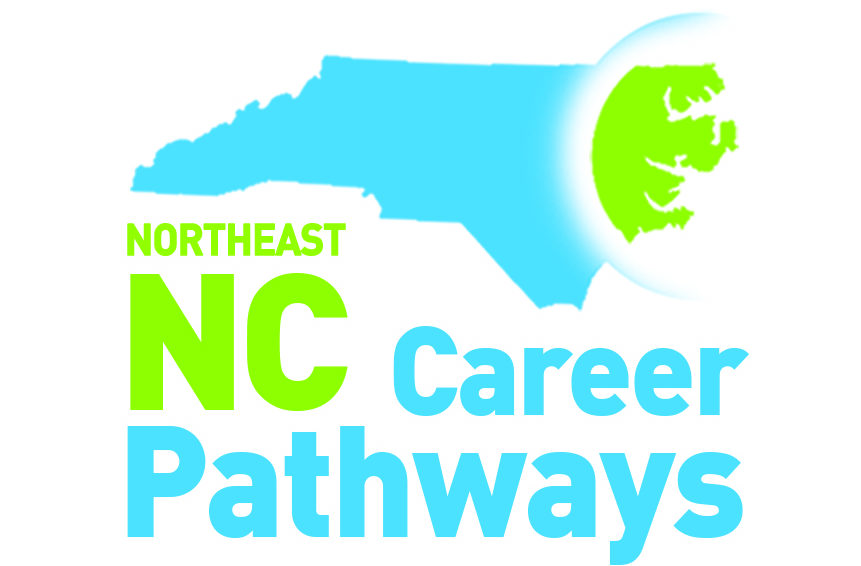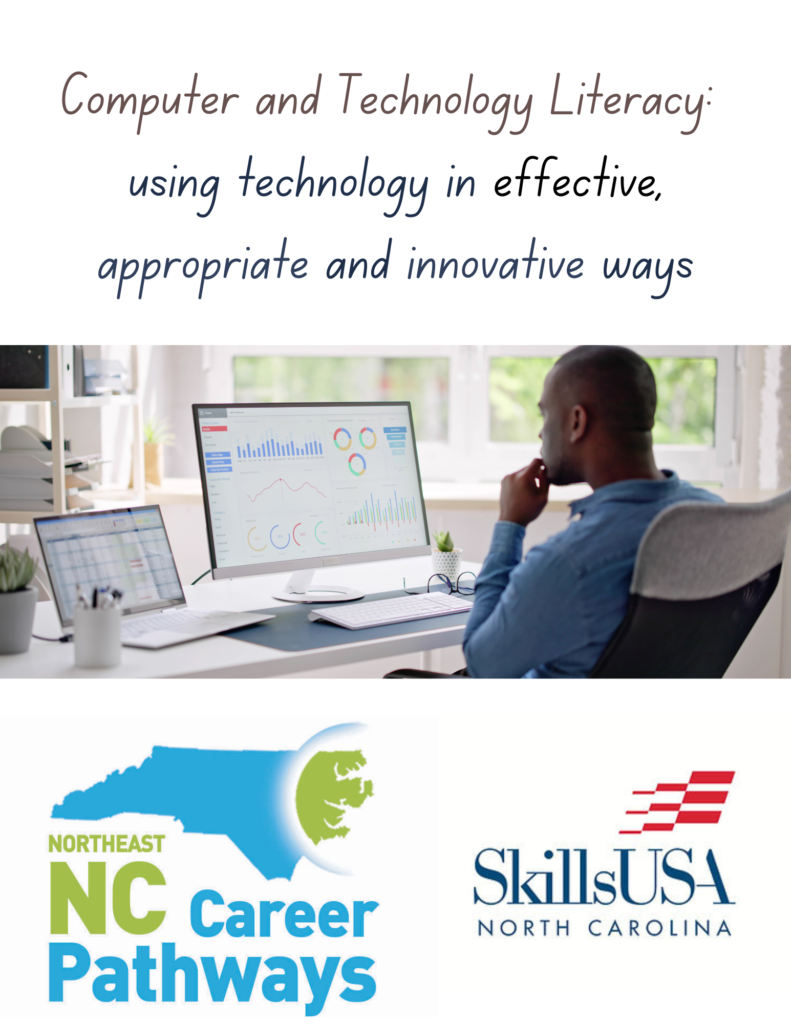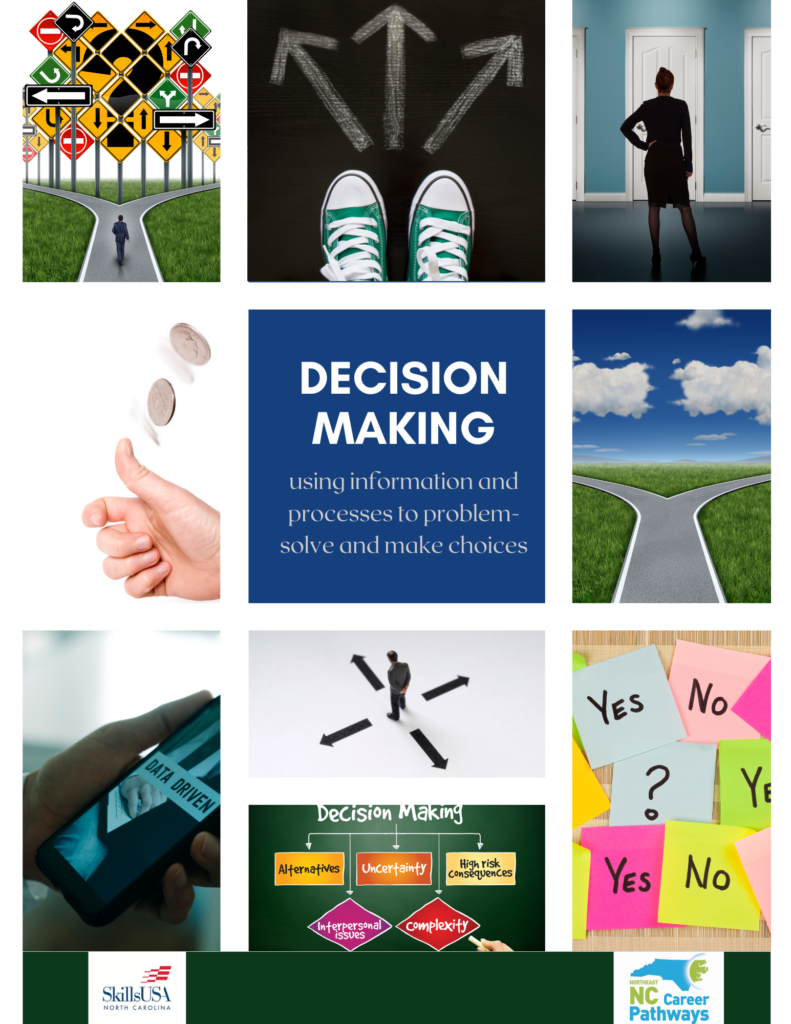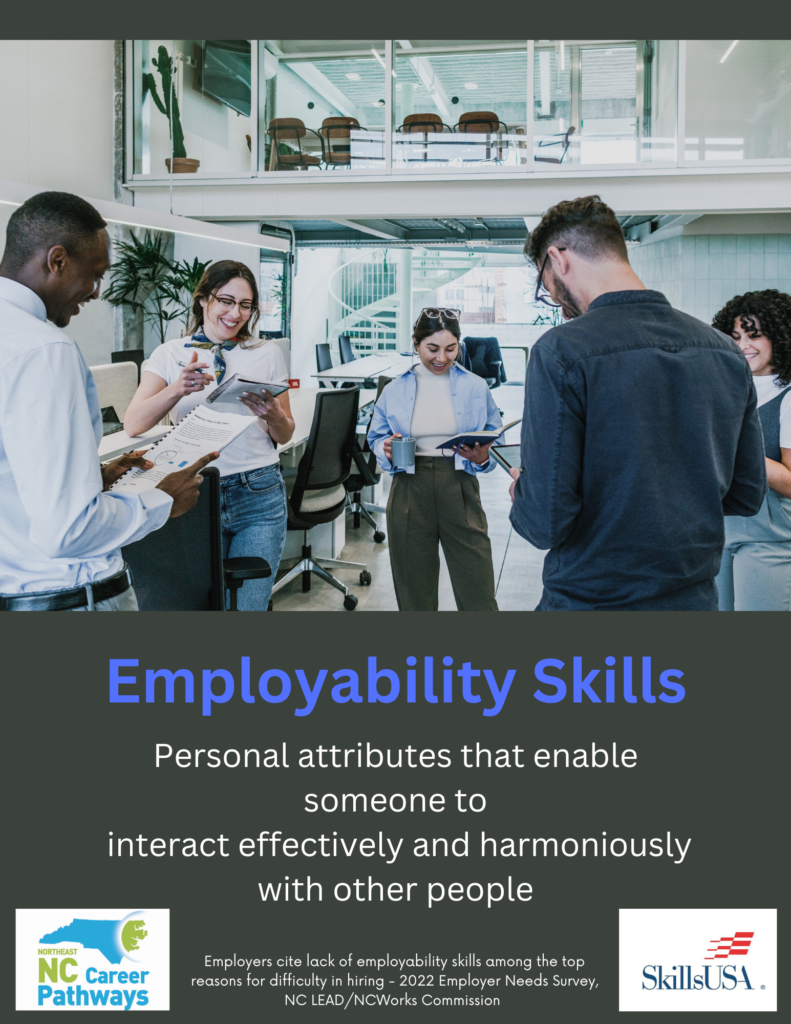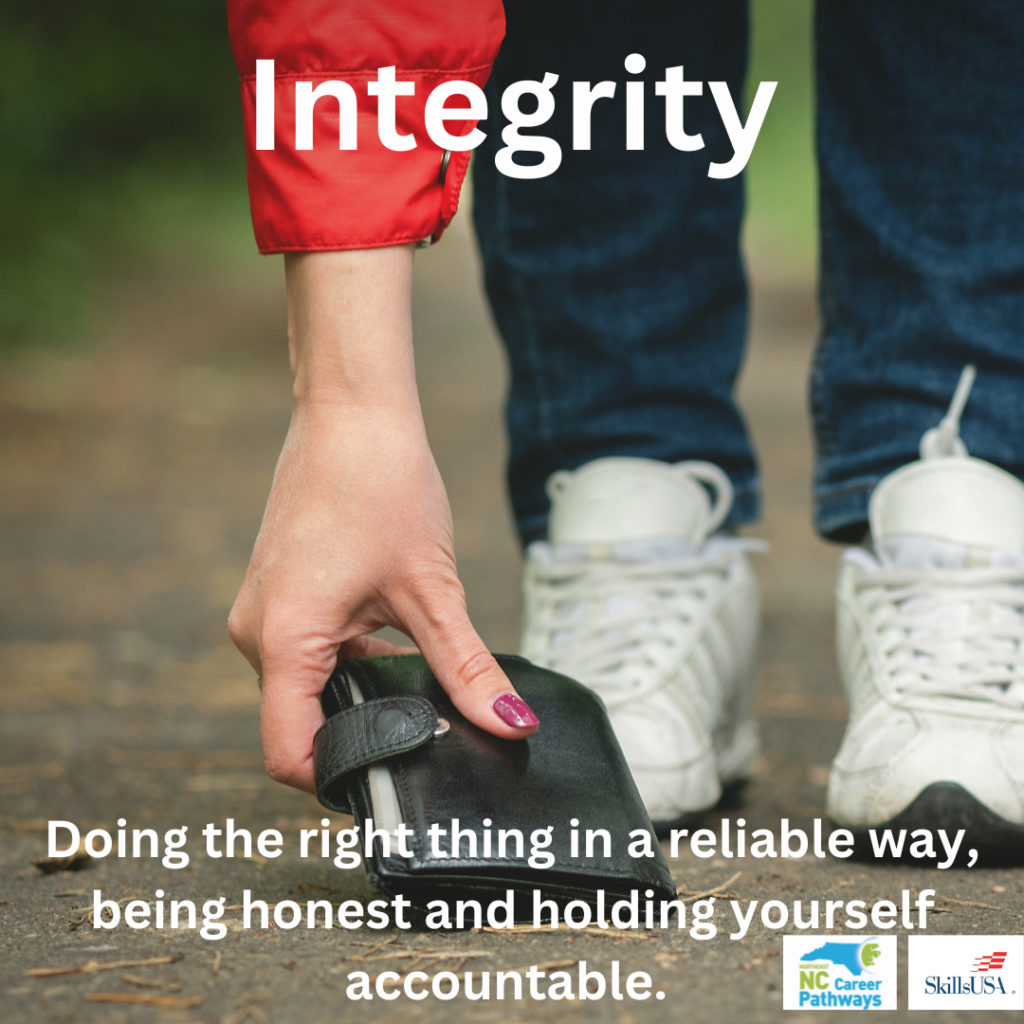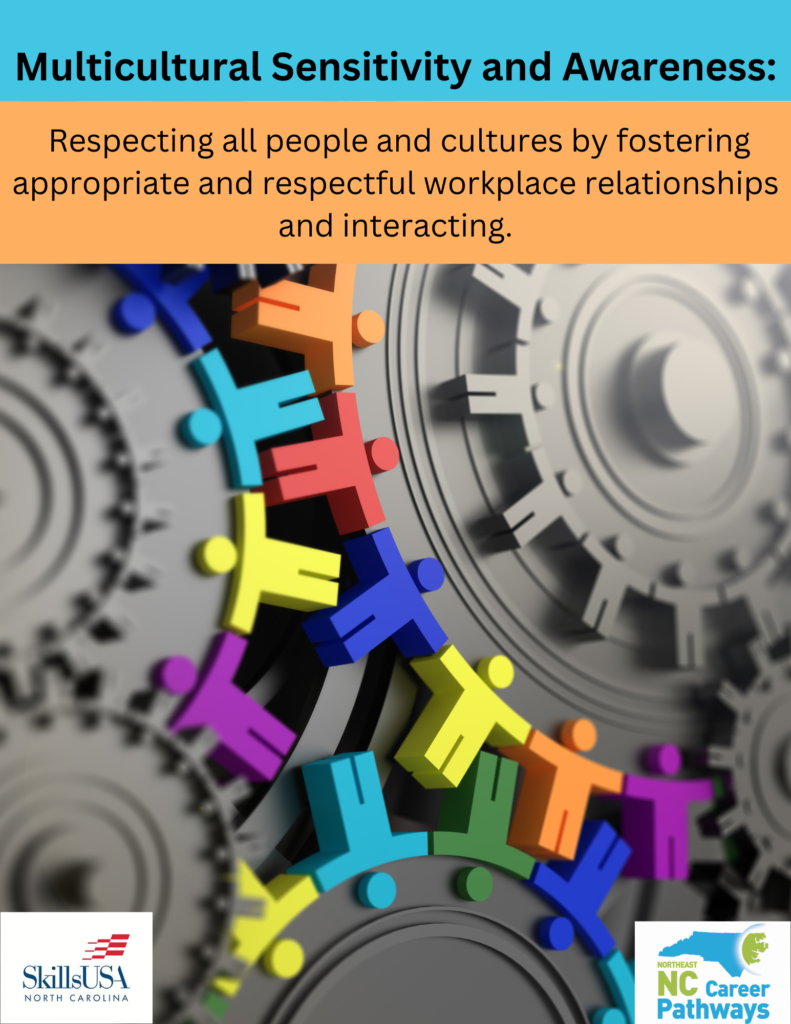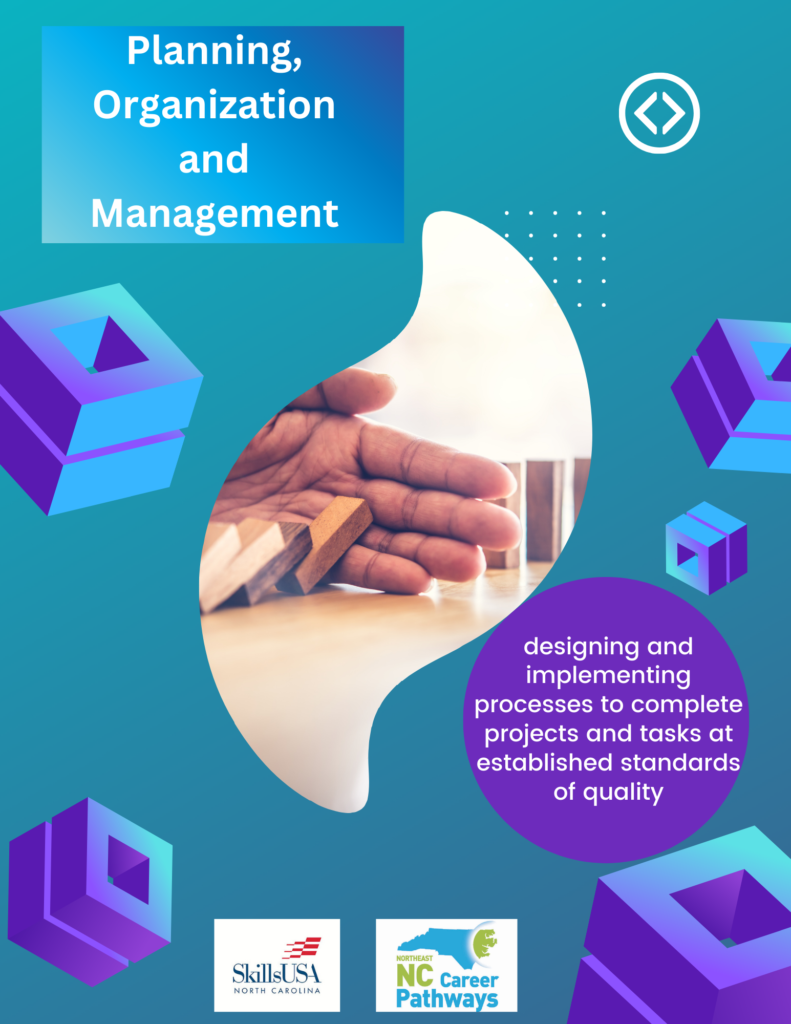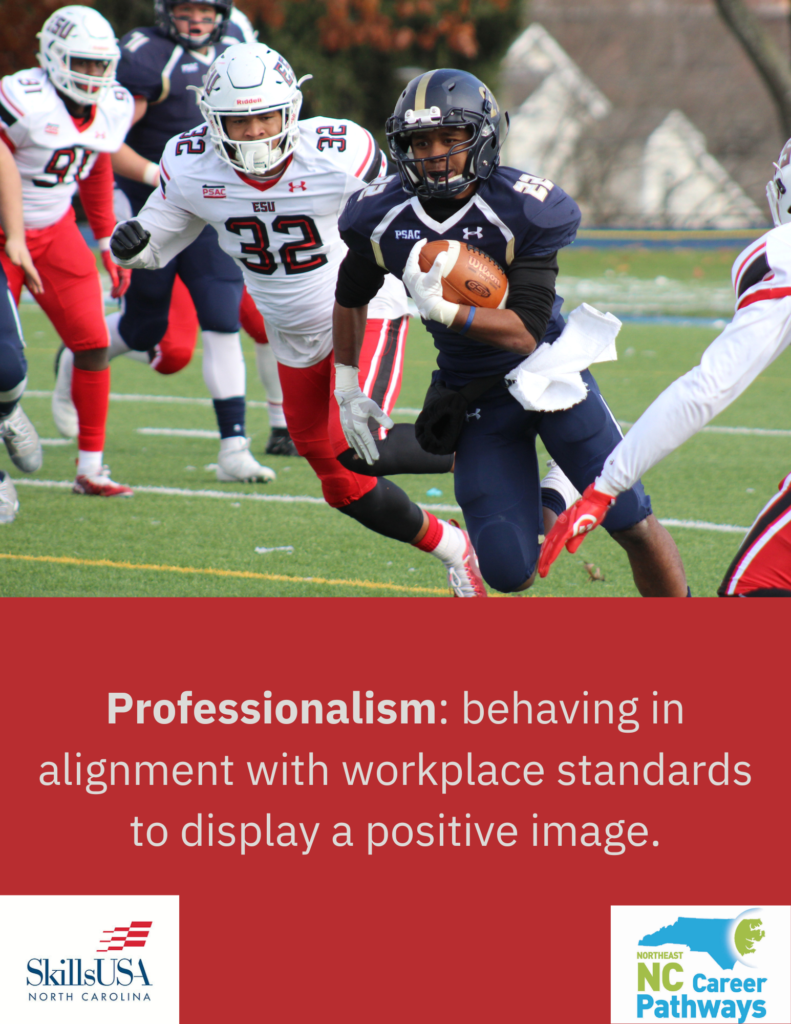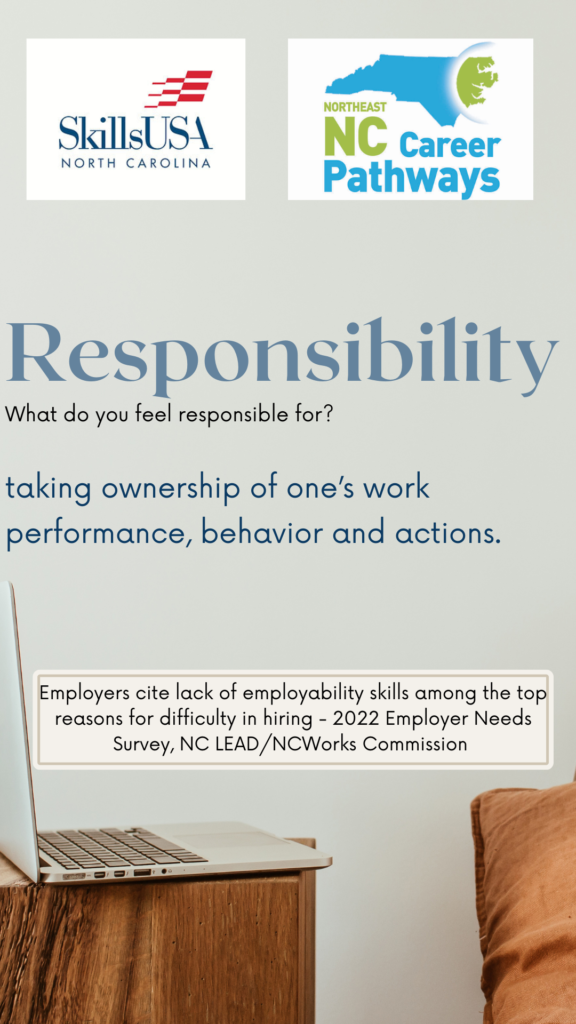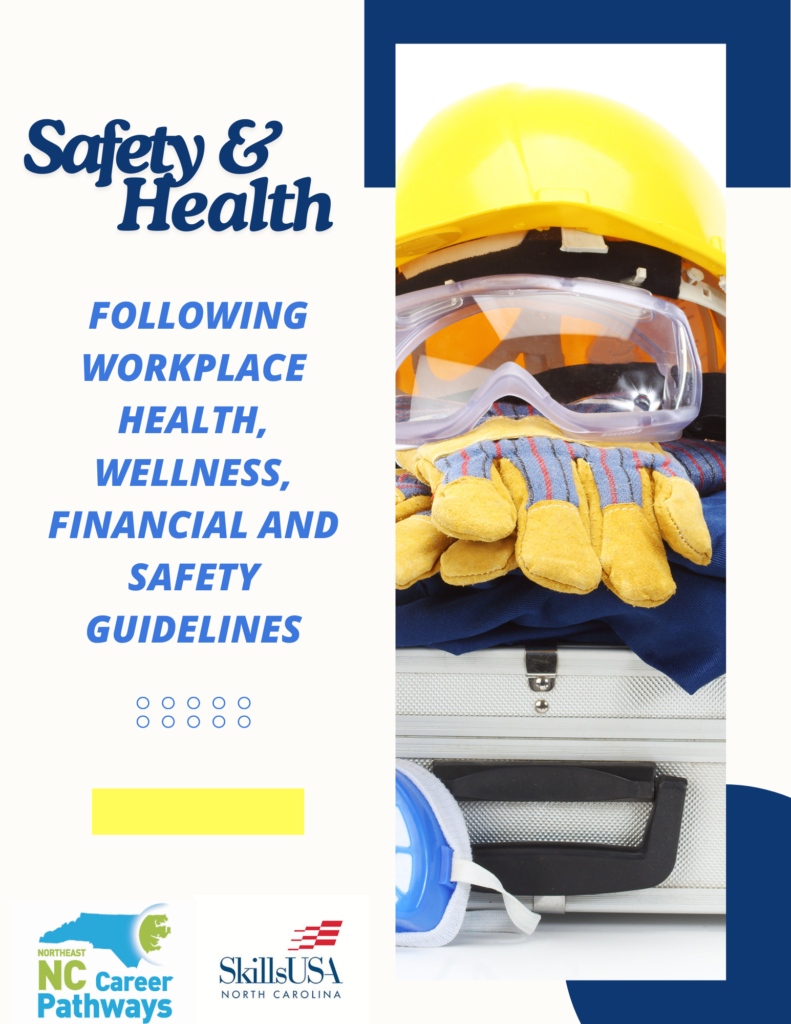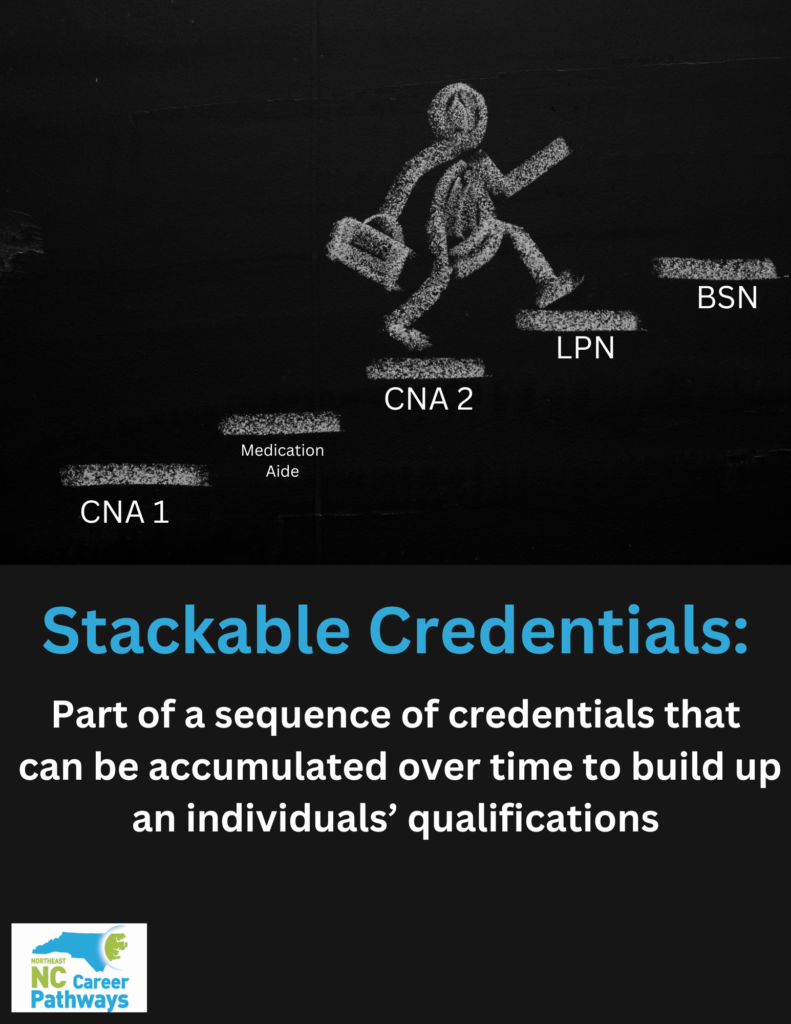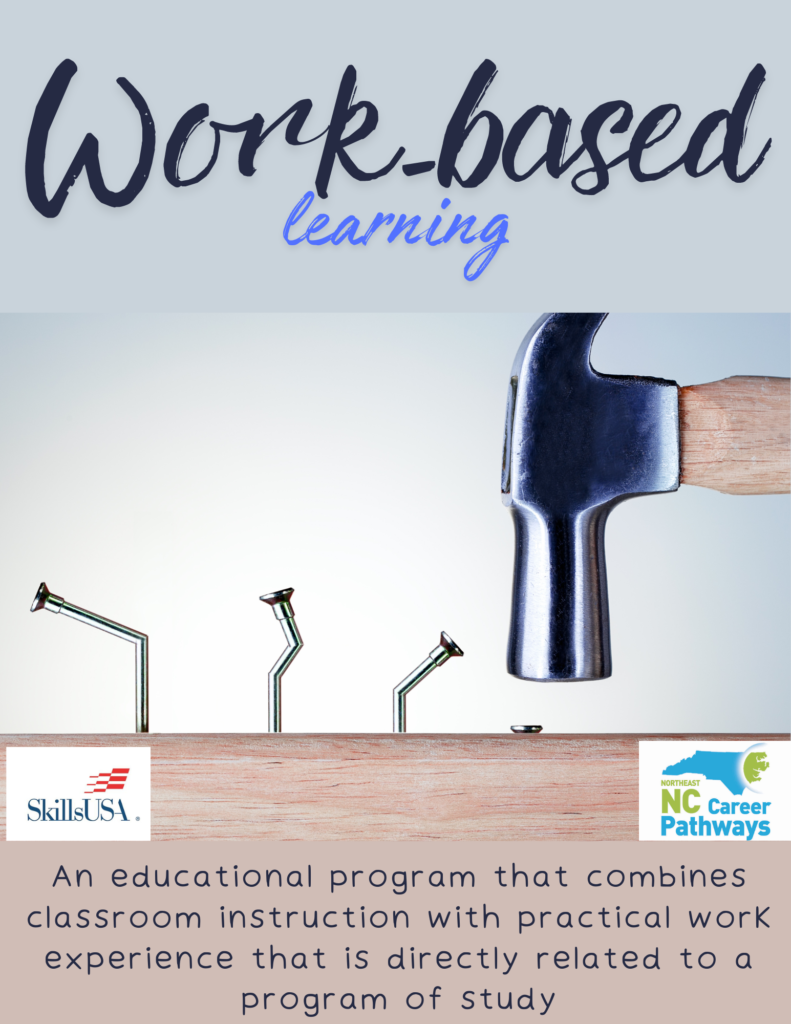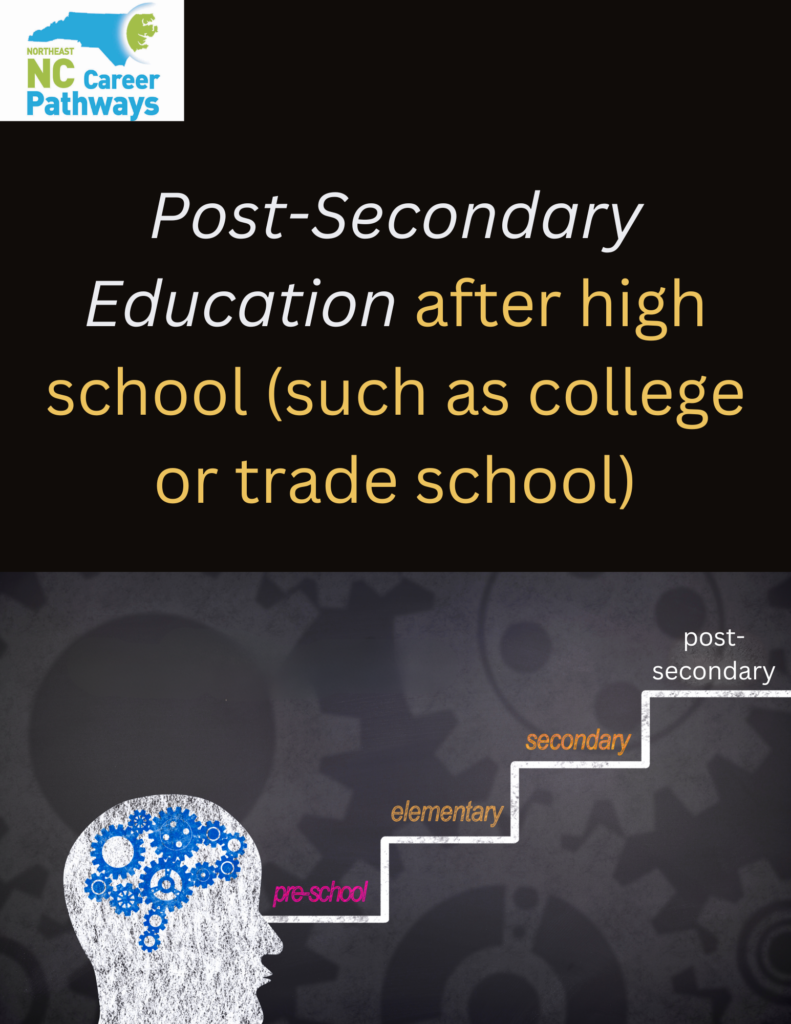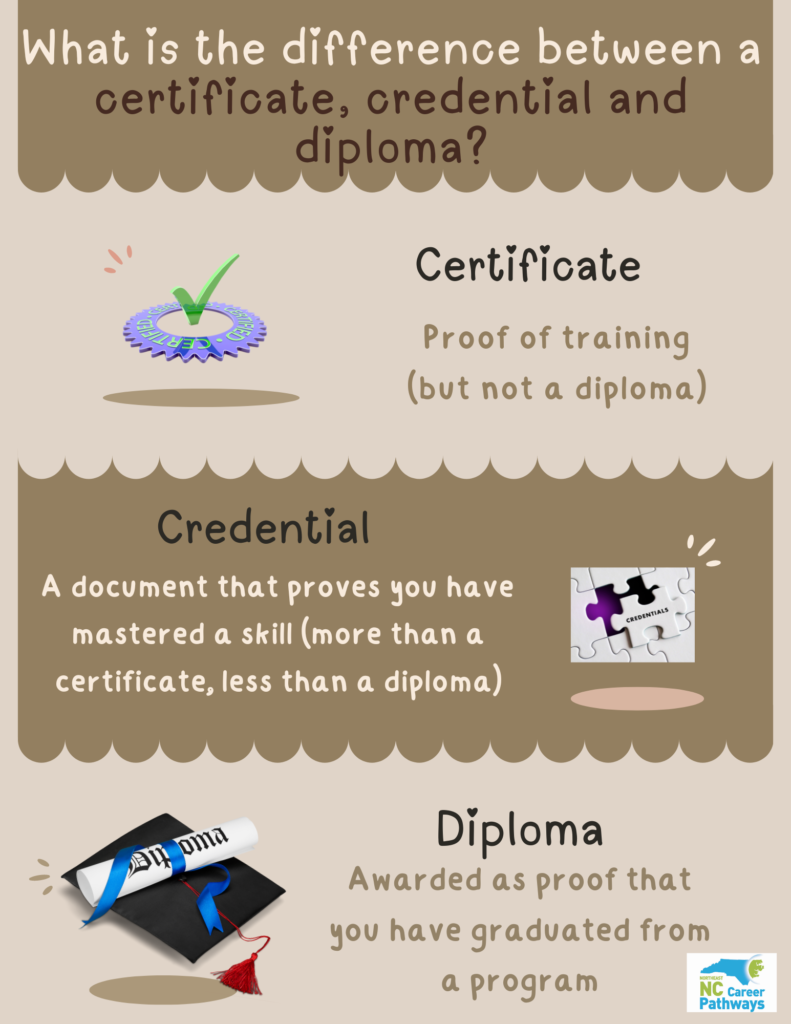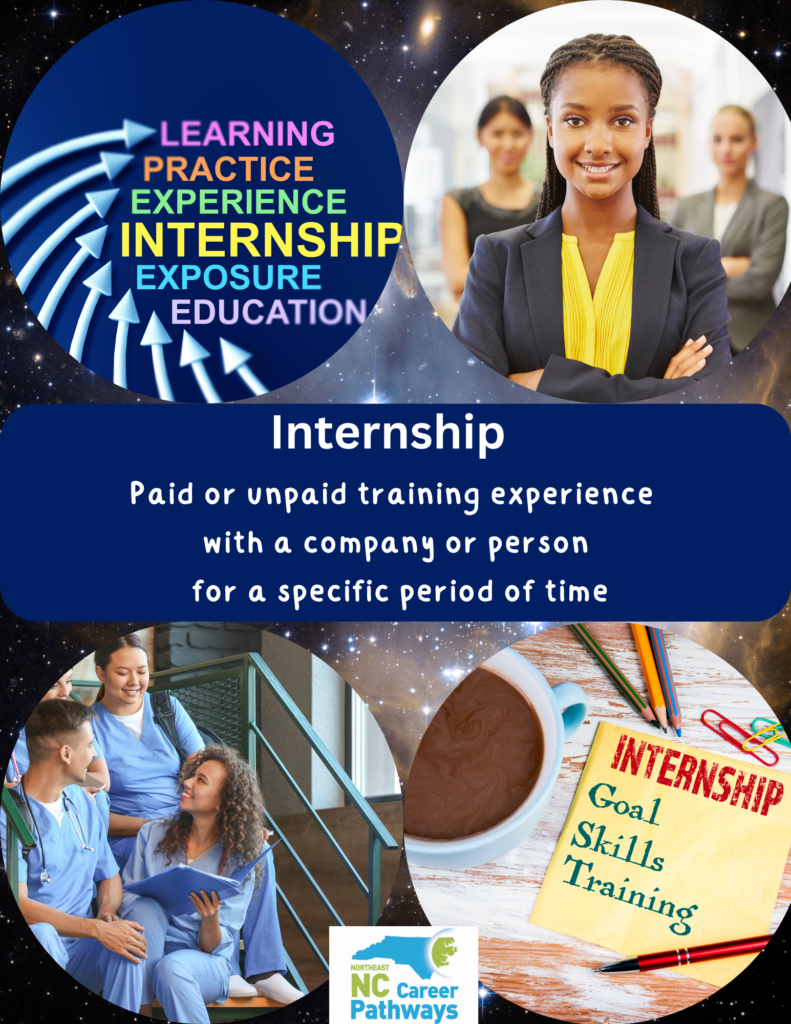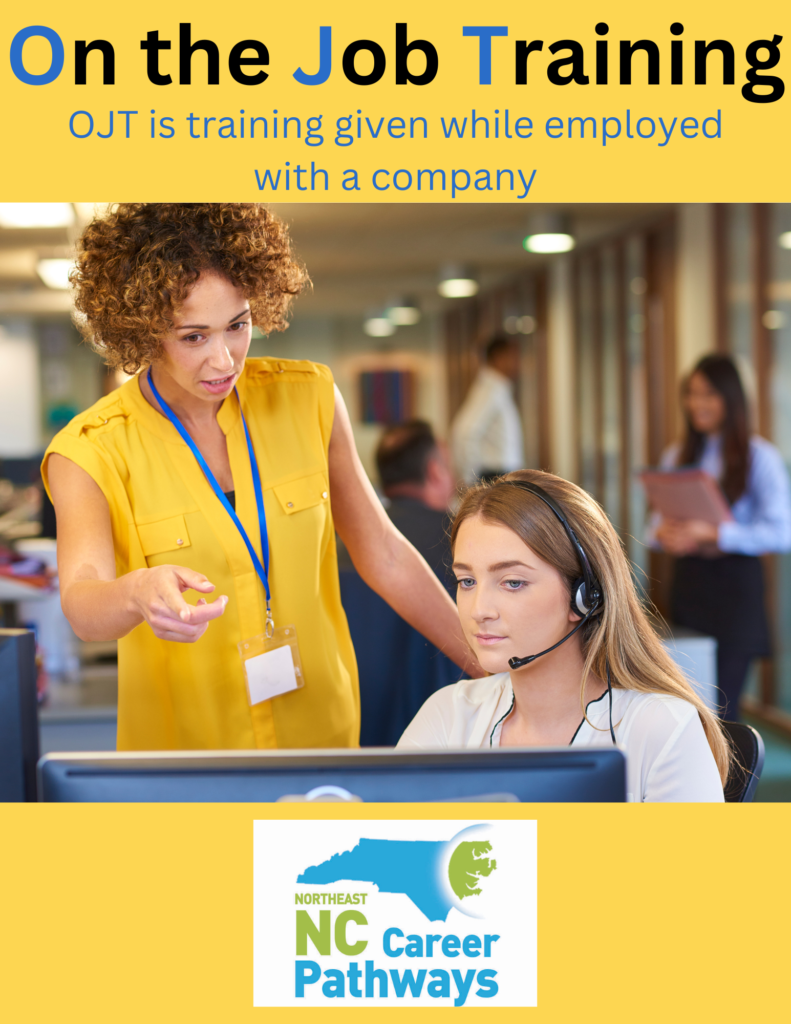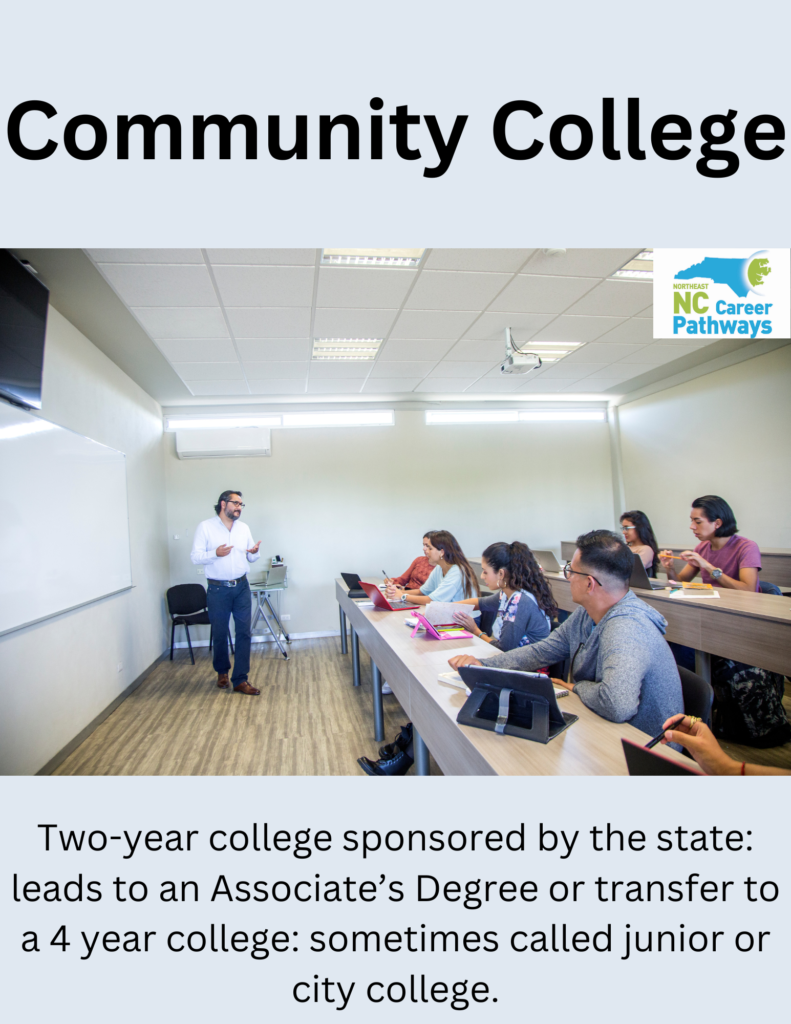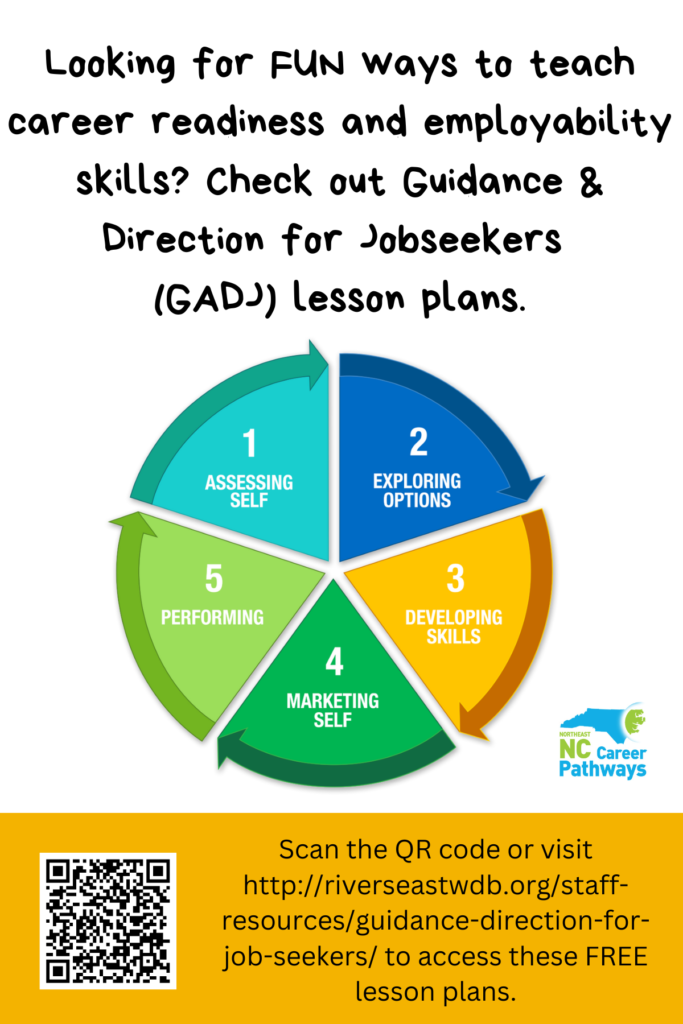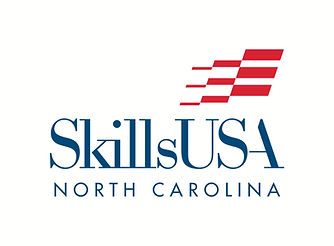
Welcome to the Northeastern North Carolina Career Pathways Toolkit
NENC Career Pathways is powered by Northeastern, Rivers East and Turning Point Workforce Development Boards, with support from our many partners across the 20 County Region.
Beaufort, Bertie, Camden, Chowan, Currituck, Dare, Edgecombe, Gates, Halifax, Hertford, Hyde, Martin, Nash, Northampton, Pasquotank, Perquimans, Pitt, Tyrrell, Washington, Wilson
Thank you for your commitment to enhancing career development within our community.
This toolkit is designed to assist educators, career advisors, and community leaders as they guide students and job seekers in exploring and establishing rewarding career paths.
Within these pages, you will find an organized presentation of essential components crucial for career planning:
- Shared Vocabulary: Familiarize yourself with key terms to ensure consistent communication.
- Career Focus: Explore various career opportunities tailored to individual skills and interests.
- Career Readiness: Equip yourself with the tools and knowledge necessary for job market success.
- WorkVibes: Delve into careers in short, approachable segments through webinars and resources.
- Partnerships: Learn about the importance of strategic collaborations and how they can be fostered.
- Resources: Access a curated list of links and materials that support career development efforts.
Click a button to the right to explore the individual sections.
We appreciate your dedication to using this toolkit to support others in navigating their career journeys. Let’s empower our community together by providing the resources and guidance needed to forge successful and fulfilling career pathways.

“Having a strong vocabulary and the ability to use industry-specific terms correctly boosts your professional image. It can make you appear more competent and knowledgeable, which is crucial for career advancement.”
(CSI Now) (Computer Systems Institute).
Developing and utilizing a shared vocabulary is crucial for career success. With the support of our partners at SkillsUSA North Carolina, we have created a comprehensive list of shared vocabulary terms. Practitioners who consistently use these terms with students and job seekers can help them internalize the vocabulary and incorporate it into their own language.
To make learning fun and effective, consider using games and other interactive activities to reinforce this shared vocabulary. Explore our gallery below, which features pictures and definitions of key terms. Feel free to use these resources in any way that benefits your teaching or training efforts!
Additionally, don’t miss our featured activity from the GADJ Collection, specifically designed to enhance post-secondary vocabulary skills. Below you can download a list of key terms.

Career readiness is the process of preparing yourself to enter the workforce and you may undergo this process as a high school or college student who’s preparing to graduate. This involves learning new skills, creating goals and preparing for a career. Career readiness can help you ensure success in your workplace, teach you how to manage your career and equip you to apply the skills you’ve learned. Many states require schools to teach career readiness to help students develop in-demand skills and learn more about job searching and professional development.
Indeed.com https://www.indeed.com/career-advice/career-development/career-readiness
Career readiness also helps employers understand your abilities and experience. When employers notice that you’ve prepared yourself to enter the workforce, this may influence their hiring decision. Career readiness may also include networking events like job fairs and recruitment events, where employers can meet graduating students and source talent directly.
This updated version of the viral animation video “Success in the New Economy” provides invaluable insights into aligning your skills, abilities, and interests with data-backed strategies. It’s an excellent resource for students, parents, teachers, and anyone exploring their career options. The video highlights the importance of gaining applied technical skills, industry-recognized certifications, and employability preparation alongside a rigorous general education. Produced and narrated by Kevin J. Fleming, Ph.D., this work of SUBSTANCE is funded by Orange County Career Education.
Watch the video here: Success in the New Economy
The SkillsUSA Framework illustrates how students fulfill the mission of the organization: to empower members to become skilled professionals, career-ready leaders and responsible community members.
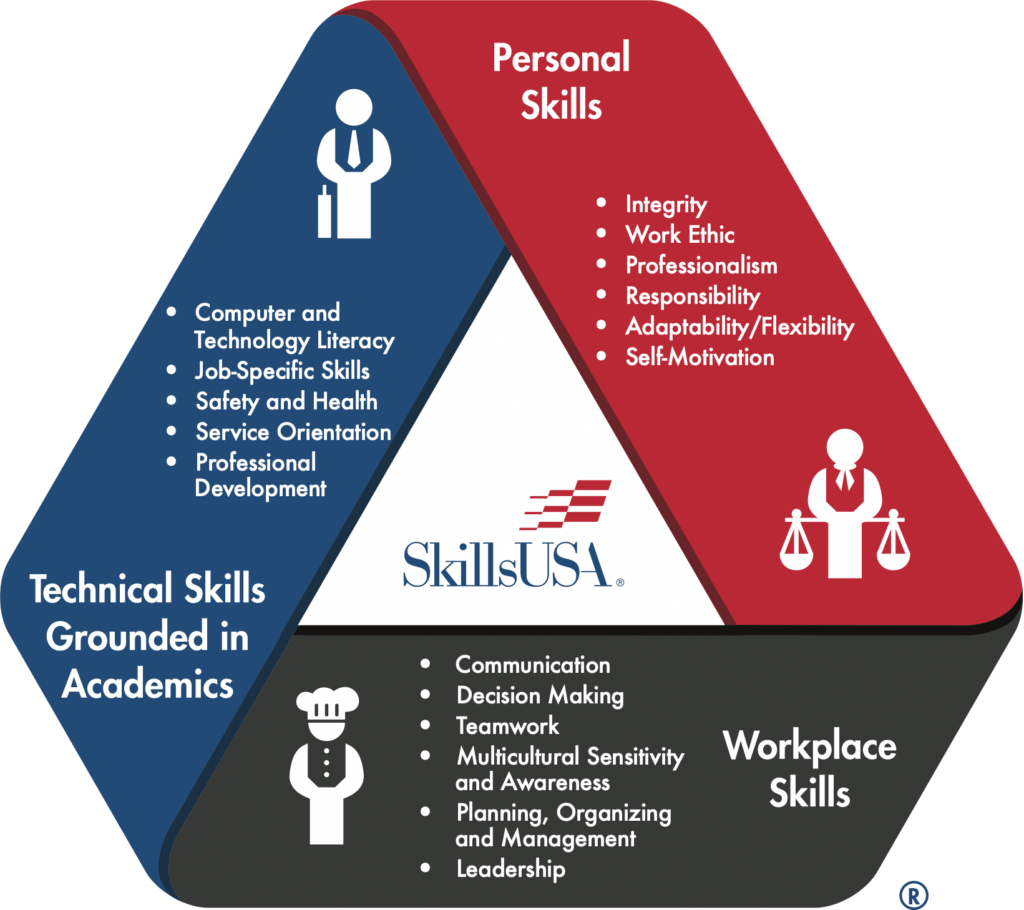
What it does:
- Provides a common language for students to articulate what they gain from SkillsUSA participation to employers, school administrators, parents and other students
- Assesses student skill development along a learning continuum of awareness, demonstration and mastery
- Creates a vision for SkillsUSA programs at the local, state and national levels to ensure quality student-led experiences that build skills in all members
Why it works:
- Empowers every student to achieve career success
- Delivers a skill set demanded by business and industry but lacking in many employees today
- Ensures that every student member receives a consistent and specific skill set

The Workforce Innovation and Opportunity Act (WIOA) encourages the workforce system and partner programs and entities to align their efforts to provide basic career services, individualized career services, and training services. Partnerships and collaborations support increased access to quality-focused services.
Workforce GPS
Our remarkable progress over the past 12 years is a testament to the invaluable partnerships we’ve forged with education, industry, workforce, and community partners across our 20-county region. These collaborations have been instrumental in developing and implementing our career pathways. Without these partnerships, our achievements would not have been possible. Check below for other local and regional partnerships and the contact person.
If you have one to add, email brandi.bragg@nencpathways.org
Other local partnerships:
Martin-Bertie Monthly Partnership – callie.northern-herring@ncworks.gov (Callie Northern-Herring)
Pitt Monthly Partnership – callie.northern-herring@ncworks.gov (Callie Northern-Herring)
Beaufort Quarterly Partnership – callie.northern-herring@ncworks.gov (Callie Northern-Herring)
Hertford Monthly Partnership – callie.northern-herring@ncworks.gov (Callie Northern-Herring)
Nash/Edgecombe Partnership – diane.c.thomas@commerce.nc.gov (Diane Thomas)
Elizabeth City Area Partnership – jscialdone@accog.org (Jennifer Scialdone)
NENC Regional Connections – nenc@abc2nc.org (Chester Williams)

“Alone we can do so little; together we can do so much.”
Helen Keller
Whether you’re guiding high school students exploring career pathways or assisting adults transitioning into new fields, these tools aim to enhance readiness through practical, accessible resources. Explore resources tailored to foster career exploration, job preparation, and professional growth. Together, we can build a resilient and skilled workforce ready to meet the challenges and opportunities of our region’s economy.
Local Resources
2023 Interactive Career Pathways Poster
Focused on 4 career pathway areas, clickable links to NCCareers for career information
GADJ – Guidance & Direction for Jobseekers
29 ready-to-use lesson plans focused on career readiness
Turning Point WDB YouTube
Offers short videos focused on career pathways and career readiness skills
Public Sector Learning Lab
Offers video explanations for using Generative AI in the public sector
Transferable Skills
Download this handy guide for helping people identify their skills for resumes and more
Statewide & National Resources
NCCareers.org
Offers assessments, labor market information, training options, job openings and more
LEAD Analytics
Offers a variety of data and dashboards focused on labor market trends in NC
O*Net
National website with career information and resources
MyFutureNC
Review county-level data on demographics, opportunities and challenges, includes FAFSA completion information
SkillsUSA NC
Employability Skills Framework, Career Readiness Activities and more
BioJobsHub
Website focused on Biotechnology in NC, offers job openings and other related information
North Carolina Healthcare Association
Offers a careers quiz and other resources
Area L AHEC – Explore Health Careers
Do you have a resource to add to this list? Email brandi.bragg@nencpathways.org

In northeastern North Carolina, data identifies four major high-demand industries. These industries have been thoroughly vetted by the NCWorks Commission and developed with contributions from Workforce, Education, and Industry partners. However, we recognize that emerging high-demand industries and occupations will also impact our region. We are actively working to expand our focus to include these emerging fields, so stay tuned for updates.
Below, you’ll find links to our pages for each career pathway, along with videos showcasing potential journeys within these pathways.
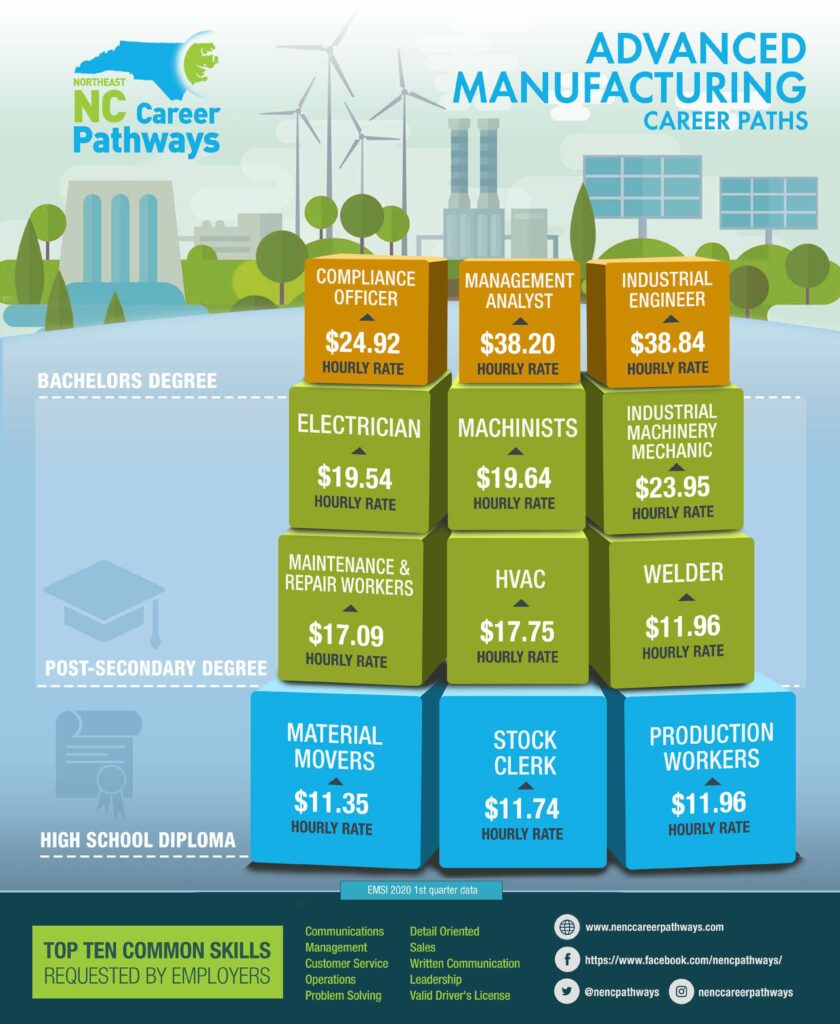
Advanced Manufacturing – Advanced manufacturing is the use of innovative technology to improve products or processes. Not all advanced manufacturing applies to next generation products; it can be driven by quality improvements in existing manufacturing processes.
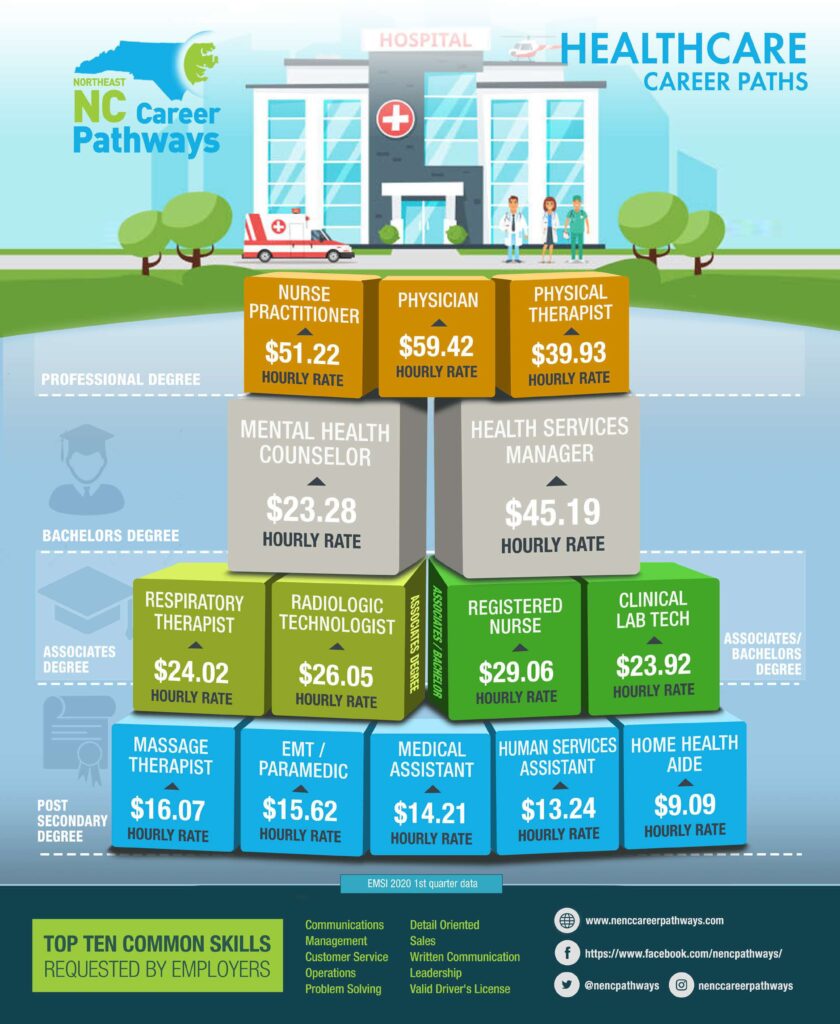
Health Care – Healthcare is becoming one of the largest and fastest-growing industries in North Carolina and the United States. As the population ages, there is an increasing need for good, qualified healthcare professionals. Advances in healthcare technology make the field even broader.
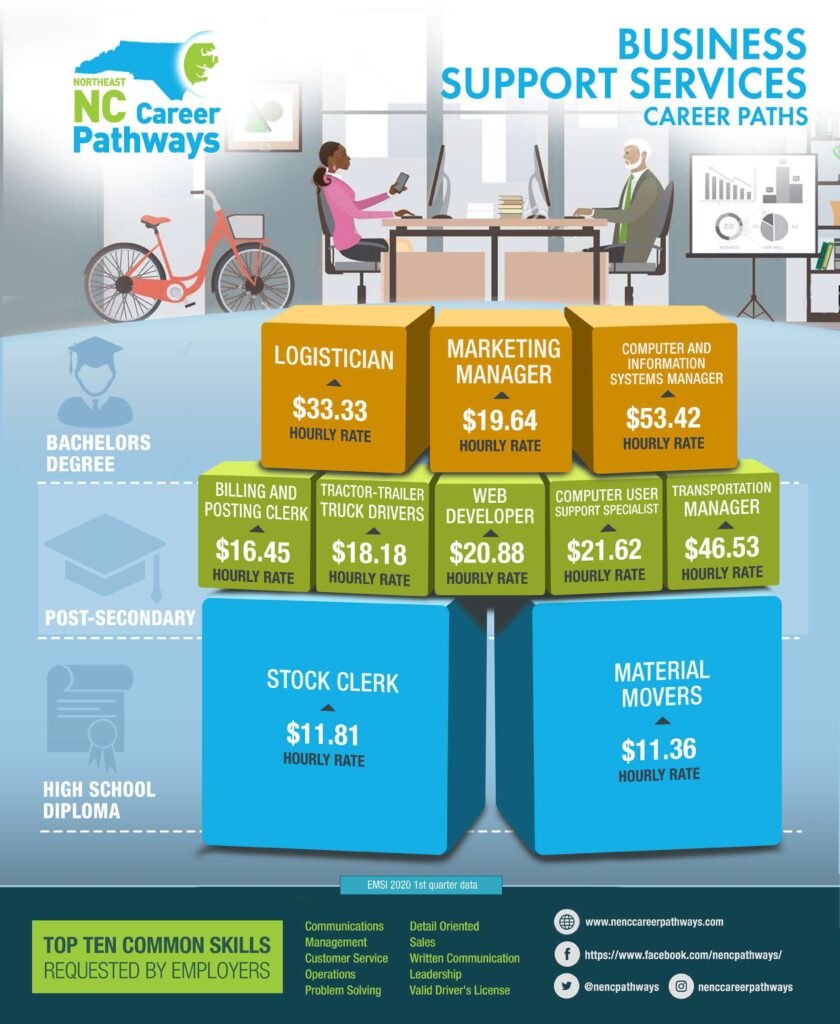
Business Support Services – Business Support Services is an established and growing industry in North Carolina. Advances in technology make the field even broader. All employers utilize some form of the business support services arena. For example, Office Administration encompasses clerical staff and office managers, Finance jobs include bookkeepers, accounting technicians and financial officers, Information Technology jobs deal with computers, software, networking and the technical infrastructure of the company, Logistics and Distribution jobs are associated with analyzing, developing and implementing strategic plans that affect production, distribution, and inventory.
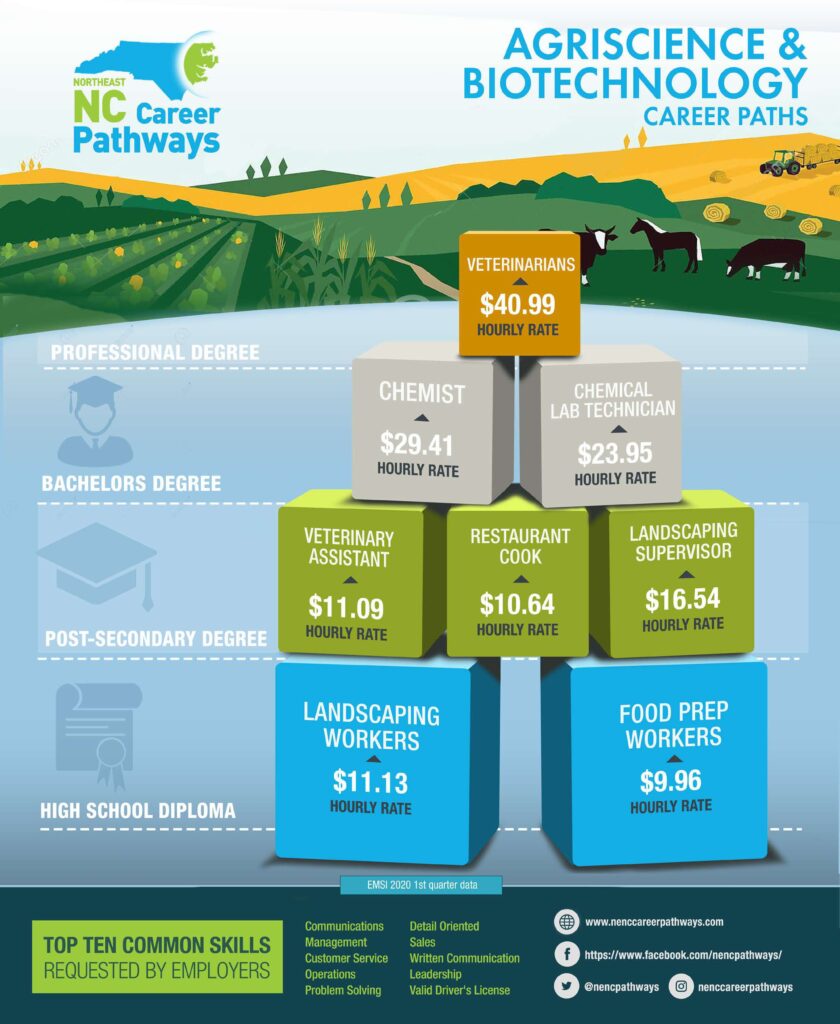
Agriscience/Biotechnology – Agriscience is the basis of past and future developments in agriculture. A strong demand exists for well-trained, environmentally-sensitive individuals to provide the state, nation, and world with food, fiber, and a healthy environment. Biotechnology encompasses roles in research and development, manufacturing, quality control, regulatory affairs, and more. It involves working with cutting-edge techniques such as genetic engineering, cell culture, and bioinformatics to innovate and improve products and processes that benefit society.

Several of our regional partners are involved in three major federal grants, each targeting key job sectors: Clean Energy, the Maritime Industry, and Biotechnology. Below, you’ll find links to websites and information about these grants, as well as a Silver Telly award-winning video developed by the Waves of Opportunity NC team (Northeastern WDB). This video highlights careers in the Maritime industry, specifically showcasing Albemarle Boats in Edenton.
Clean Energy – STEPs4GROWTH
Maritime – Waves of Opportunity NC, Regional Maritime Training System
Biotechnology – AccelerateNC, BioJobsHub

Assessments are invaluable tools for identifying your career focus. Understanding your skills, abilities, and interests is crucial for discovering a career path that you will truly enjoy. Below, you’ll find links to a variety of free online assessments. By taking multiple assessments, you can gain a broader perspective and refine your career direction.


Designed for teachers, career advisors, jobseekers, and students, WorkVibes are brief introductions to career opportunities from those with real-world experiences.
WorkVibes is made possible due to partnership with:


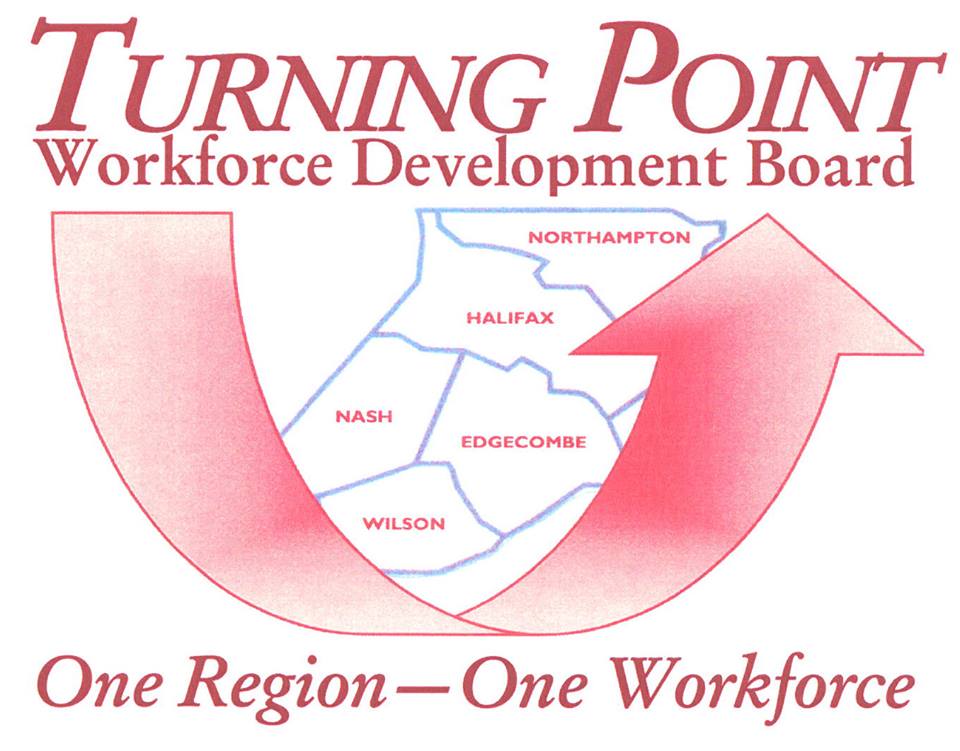

Medical Laboratory Technicians collect, process and analyze laboratory (lab) results. May collect blood, urine or tissue samples from patients (nccareers.org). The role of the lab in patient care is looking for bacteria, parasites, and other microorganisms in the contents of fluids to help determine treatment or diagnosis (https://www.ascp.org).

Nurses play a critical role in patient care, offering both medical expertise and compassionate support. Halifax Community College offers programs for various nursing roles, including:
- Nurse Faculty Loan Program (NFLP): Financial aid for those aiming to become nursing faculty
- Associate Degree Nursing (ADN): Prepares students for RN licensure and entry-level nursing positions in various healthcare settings.
- Practical Nursing (PN): Prepares students for LPN licensure, working in long-term care, rehabilitation, and outpatient facilities.
- Nurse Aide (NA): Provides foundational skills for assisting nurses with patient care in hospitals, nursing homes, and home health settings.

Dental hygienists are healthcare professionals who focus on oral health, including cleaning teeth, applying sealants and fluoride, taking x-rays, and educating patients on oral hygiene. Common job titles include: Dental Hygienist, Registered Dental Hygienist (RDH), Licensed Dental Hygienist, Oral Hygienist.
